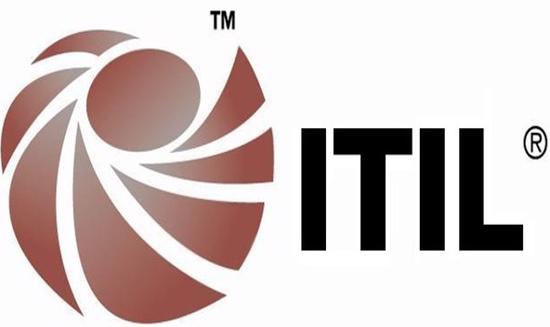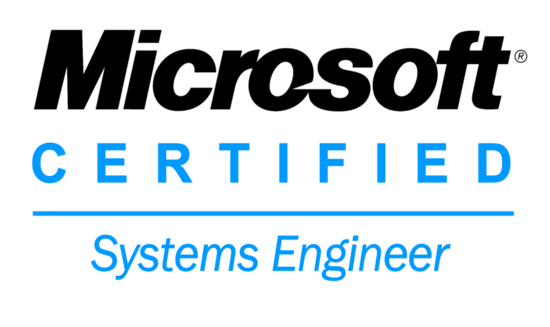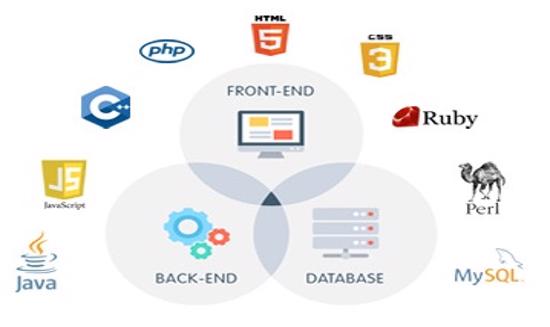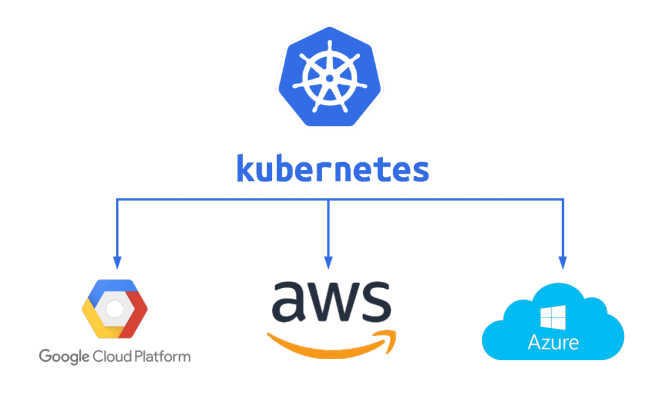PMP Certificados pelo PMI
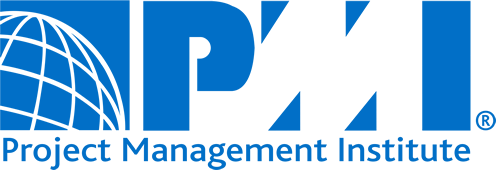
PMI PMP
All rights reserved
Want to get your quote, doubts, our references, please go ahead: Contact us
More specifically, what is a project? It’s a temporary endeavor undertaken to create a unique product, service or result.
A project is temporary in that it has a defined beginning and end in time, and therefore defined scope and resources.
And a project is unique in that it is not a routine operation, but a specific set of operations designed to accomplish a singular goal. So a project team often includes people who don’t usually work together – sometimes from different organizations and across multiple geographies.
The development of software for an improved business process, the construction of a building or bridge, the relief effort after a natural disaster, the expansion of sales into a new geographic market — all are projects.
And all must be expertly managed to deliver the on-time, on-budget results, learning and integration that organizations need.
Project management, then, is the application of knowledge, skills, tools, and techniques to project activities to meet the project requirements.
It has always been practiced informally, but began to emerge as a distinct profession in the mid-20th century. PMI’s A Guide to the Project Management Body of Knowledge (PMBOK® Guide) identifies its recurring elements:
Project management processes fall into five groups:
Initiating
Planning
Executing
Monitoring and Controlling
Closing
Project management knowledge draws on ten areas:
Integration
Scope
Time
Cost
Quality
Procurement
Human resources
Communications
Risk management
Stakeholder management
All management is concerned with these, of course. But project management brings a unique focus shaped by the goals, resources and schedule of each project. The value of that focus is proved by the rapid, worldwide growth of project management:
as a recognized and strategic organizational competence




